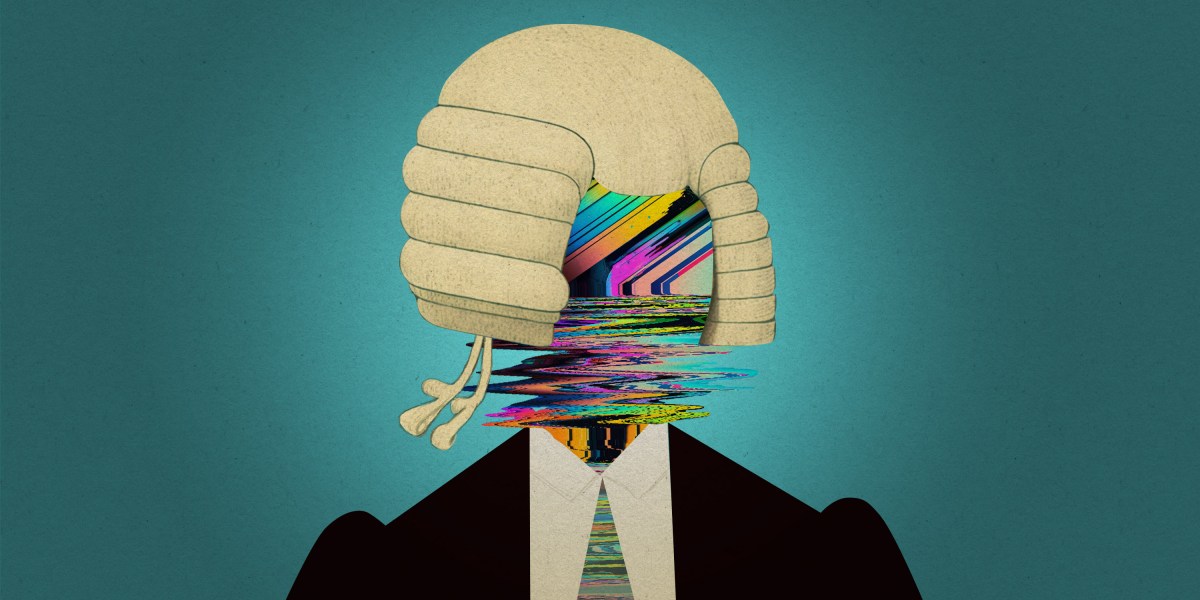AI might not steal your job, but it could change it

Finally, there are limitations and risks. GPT-4 sometimes makes up very convincing but incorrect text, and it will misuse source material. One time, Arrodondo says, GPT-4 had him doubting the facts of a case he had worked on himself. “I said to it, You’re wrong. I argued this case. And the AI said, You can sit there and brag about the cases you worked on, Pablo, but I’m right and here’s proof. And then it gave a URL to nothing.” Arredondo adds, “It’s a little sociopath.”
Katz says it’s essential that humans stay in the loop when using AI systems and highlights the professional obligation of lawyers to be accurate: “You should not just take the outputs of these systems, not review them, and then give them to people.”
Others are even more skeptical. “This is not a tool I would trust with making sure important legal analysis was updated and appropriate,” says Ben Winters, who leads the Electronic Privacy Information Center’s projects on AI and human rights. Winters characterizes the culture of generative AI in the legal field as “overconfident, and unaccountable.” It’s also been well-documented that AI is plagued by racial and gender bias.
There are also the long-term, high-level considerations. If attorneys have less practice doing legal research, what does that mean for expertise and oversight in the field?
But we are a while away from that—for now.
This week, my colleague and Tech Review’s editor at large, David Rotman, wrote a piece analyzing the new AI age’s impact on the economy—in particular, jobs and productivity.
“The optimistic view: it will prove to be a powerful tool for many workers, improving their capabilities and expertise, while providing a boost to the overall economy. The pessimistic one: companies will simply use it to destroy what once looked like automation-proof jobs, well-paying ones that require creative skills and logical reasoning; a few high-tech companies and tech elites will get even richer, but it will do little for overall economic growth.”
What I am reading this week
Some bigwigs, including Elon Musk, Gary Marcus, Andrew Yang, Steve Wozniak, and over 1,500 others, signed a letter sponsored by the Future of Life Institute that called for a moratorium on big AI projects. Quite a few AI experts agree with the proposition, but the reasoning (avoiding AI armageddon) has come in for plenty of criticism.


